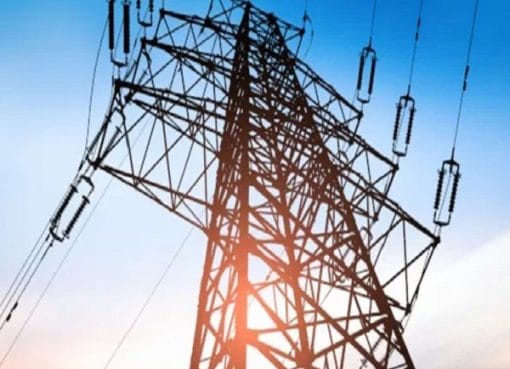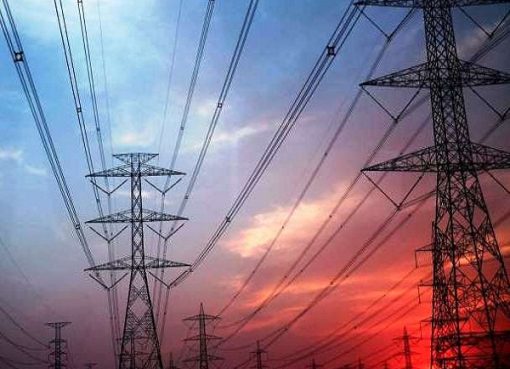Inside the global energy storage boom.Since 2013, the residential energy storage business has been dominated by Germany. However, all could change as other countries further developments creating a competitive market.
As new residential markets gain momentum, German markets could be facing great competition.
As the market leader, German’s success, in the residential energy storage, can be accredited to vast amounts of support and funding. Germany has been benefiting from Europe’s largest energy storage subsidies which was made available by KfW national bank, who’s total asset worth is €472.3 billion.
Since funding began, the market has grown from nothing to over 125,000 systems. However, the funding is believe to just be responsibly for the market ‘getting on it’s feet. This is because, according to data from RWTH Aachen University in Germany, in 2018 only 4% of the German residential energy storage business were reliant on the KfW subsidies. This is a colossal difference to 2015 where roughly 55% of the industry was reliant on the KfW subsidies.
Countries like Australia are soon to follow suit. Due to increasing local policy support and further renewable and energy storage targets. The targets are applied to five of the six Australian state, indicating a possible spike in the Australian side of the residential energy storage game.
Installation in California are also thriving. This is due to the new ‘Self-Generation Incentive Program’, a budget set aside for the residential segment in 2017.
Luke Gear and Dr Xiaoxi He issued a report for IDTechEx named Batteries for Stationary Energy Storage 2019-2029. The report investigates the growth of the energy storage business. The Gear and He said: “2018 was a remarkable year for stationary energy storage. Governments and policymakers around the world are beginning to wake up to the value batteries can offer to the grid, both in terms of flexibility and decarbonisation. Over 6GWh was deployed, and market leaders such as Tesla expect to double their deployments for 2019.”
Source: scitecheuropa










